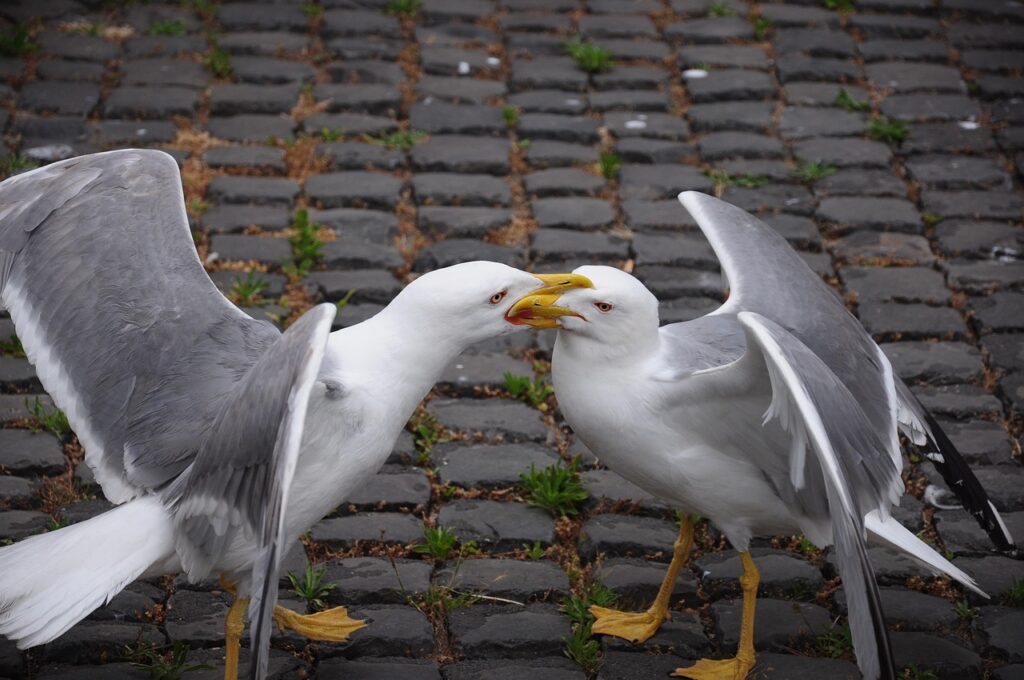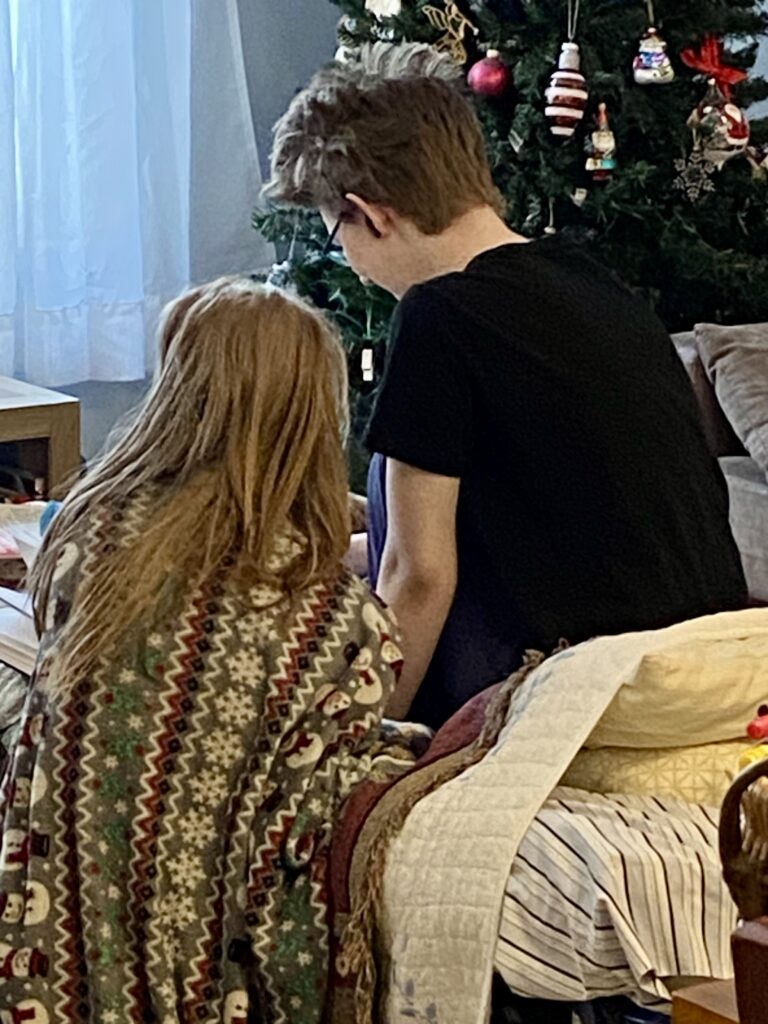If you have a brother or a sister, you likely have experienced sibling rivalry over the years, whether overtly or rather more discreetly. And, if you are a parent, you have definitely encountered the competition and jealousy between your children; unfortunately, sibling rivalry does not always dissipate as our children mature. In fact, sometimes those feelings of competition or jealousy, of wanting to sidestep a sibling’s shadow can intensify in the teen years because those are the years when most of us are trying to determine who we are and who we want to be. In other words, how is the world going to view us, as the awesome individual we hope to be or as that other kid’s sister?

Such feelings are valid whenever they show up. And given how much time siblings spend together, it isn’t all that surprising they might experience a bit of conflict or envy along the way. Perhaps that’s why when we witness moments of solidarity between our teenagers, we experience a sense of parenting joy that feels differently than other moments. I suppose it’s because we are outsiders to that moment, and, personally, I celebrate those odd-man-out moments with a bit more undisplayed gusto. Typically, I try not to intrude, though I will take a minute or two to appreciate their bond before slipping back into the other room unnoticed.
Over the years I have watched the relationship between our two girls ebb and flow as they have determined how they want to relate to one another. When they were younger, of course, there were many more moments of parental interventions, guiding their reactions and responses, letting them know their feelings were valid, but providing healthy choices for how to express those feelings. That groundwork provided an okay foundation for their tween years, which, honestly, were a lot more challenging than their teenage years of sisterhood have proven to be. Even more than the toddler years, those tween years required a lot of guidance and some heavy doses of parent involvement in their sibling conflicts, in the form of consoling as much as correcting.
And while I’d like to suggest that our parenting has paved the way to smoother teen times, I strongly believe a lot of the way they relate to each other has more to do with their strong empath souls and their neurodivergent brains. You see, while many believe autistic individuals are less empathetic than their neurotypical peers, that has never been accurate here. Each of our girls have strong senses of empathy for the marginalized, the outsiders, and each other. Sometimes the each-other empathy requires reminders and guidance still, but less than one might think. More than likely, this empathetic connection is rooted in their similarities, similarities that are well beyond their both being autistic.

It is their shared experiences that truly connect them and create those moments of solidarity and celebration. When I witness some of the time together, I realize even their differences have some deeper parallels. For example, while they do not share even remotely the same taste in music, they appreciate their sister’s passion for her music. And even more, they understand the other’s listening habits, especially when that habit involves listening to a song on repeat again and again and again. Their laughter and nodded acknowledgment followed by a simple, single word, same, demonstrates that sisterhood.
This sort of association shows up in myriad ways, not just over music preferences. Their similar humor, their love of memes, their shared conversations about crushes, their witty (or groan-inducing) punning, and the ways they share excerpts from books they are reading demonstrate to me how deeply connected these two young women are. This connection still ebbs and flows; they still sometimes prefer to hang out apart from each other (or one wants to hang out and the other doesn’t).
Still, I love to see their relationship grow. I love the way they understand one another (most of the time) and the way they support each other (again, most of the time). I can’t say whether they see themselves this way and more than likely they don’t see their similarities or their sister solidarity the way I do as an outsider. But maybe it’s because I am the outsider in those moments that I can see a bit more clearly how well they fit together. And when I get to witness those moments, when their laughter drifts down the stairs as they look through old journals or remember a childhood game they used to play together, my heart dances with that precious joy of parenthood and I celebrate those odd-man-out moments with all the gusto they won’t necessarily see.
